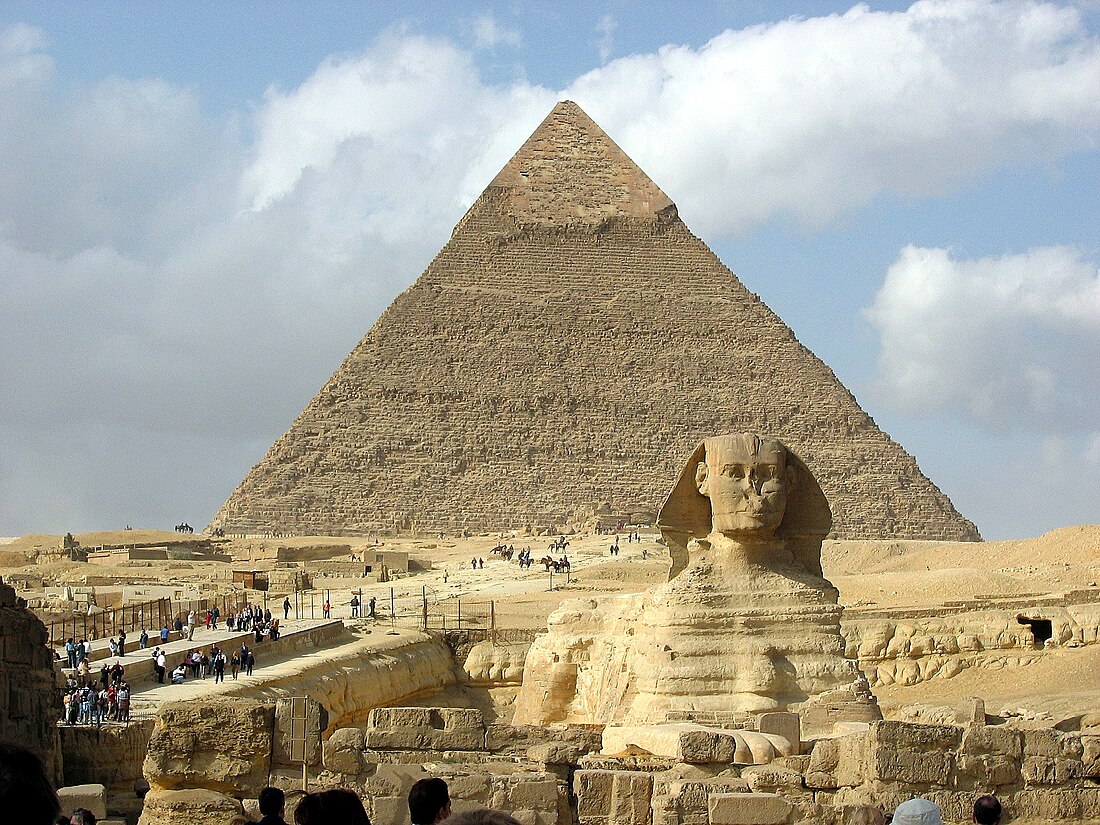Civilization
organized cultural society that encounters many communities, on a scale of a nation or human, as well as a system of development From Wikipedia, the free encyclopedia
Remove ads
Civilization (or civilisation) comes from the Latin word civis meaning someone who lives in a city. The Romans usually wanted conquered people to live in towns. When people are civilized, they have learned from the wisdom, skill, and knowledge gained over centuries of human progress. The opposite of civilization is sometimes said to be entropy, barbarity, rudeness, or animal-like behavior.

A civilization is generally an advanced stage of organization. That means it has laws, culture, and a regular way of getting food and protecting the people. Most civilizations have agriculture and a system of government like monarchs or elections. They speak a common language and usually have a religion of some kind. They teach their young the knowledge they need. All civilizations since the Sumerians and the Greeks have had some kind of writing. This is because writing lets people store and build up knowledge. Civilizations also have large cities, large and unique architecture, and complex labor divisions. [2][3][4]
Remove ads
Examples
Past societies that would be called more primitive compared to today, are still often referred to as civilizations for their time. The Roman Empire is an example of a past large civilization. It was governed by Rome. This empire once stretched from the Scottish borders to North Africa and the eastern Mediterranean. Their language was Latin.
Latin remained the preferred way of communication among educated people, long after their civilization had vanished. Some scientists, scholars, and others in Western civilization still use Latin in the course of everyday work, even though the Western Roman civilization fell apart more than 1,500 years ago. The Roman civilization lasted almost 1000 years.
Other examples of civilizations are the Incas and Aztecs. They had large territories with complex cities and social structures. The empires were made of city-states. They had advanced agriculture that could feed many people. They also had complex architecture.
One way a civilization ends is to become part of another civilization. For example, Ancient Egypt was conquered by foreigners who changed the country. It became part of Persian, Greek, Roman, and Islamic civilization. Another way is to go back to an earlier, simpler way of life. For example, Roman civilization collapsed in the Dark Ages. When people became more civilized again, it was the Medieval civilization.[5]
Remove ads
References
Wikiwand - on
Seamless Wikipedia browsing. On steroids.
Remove ads
